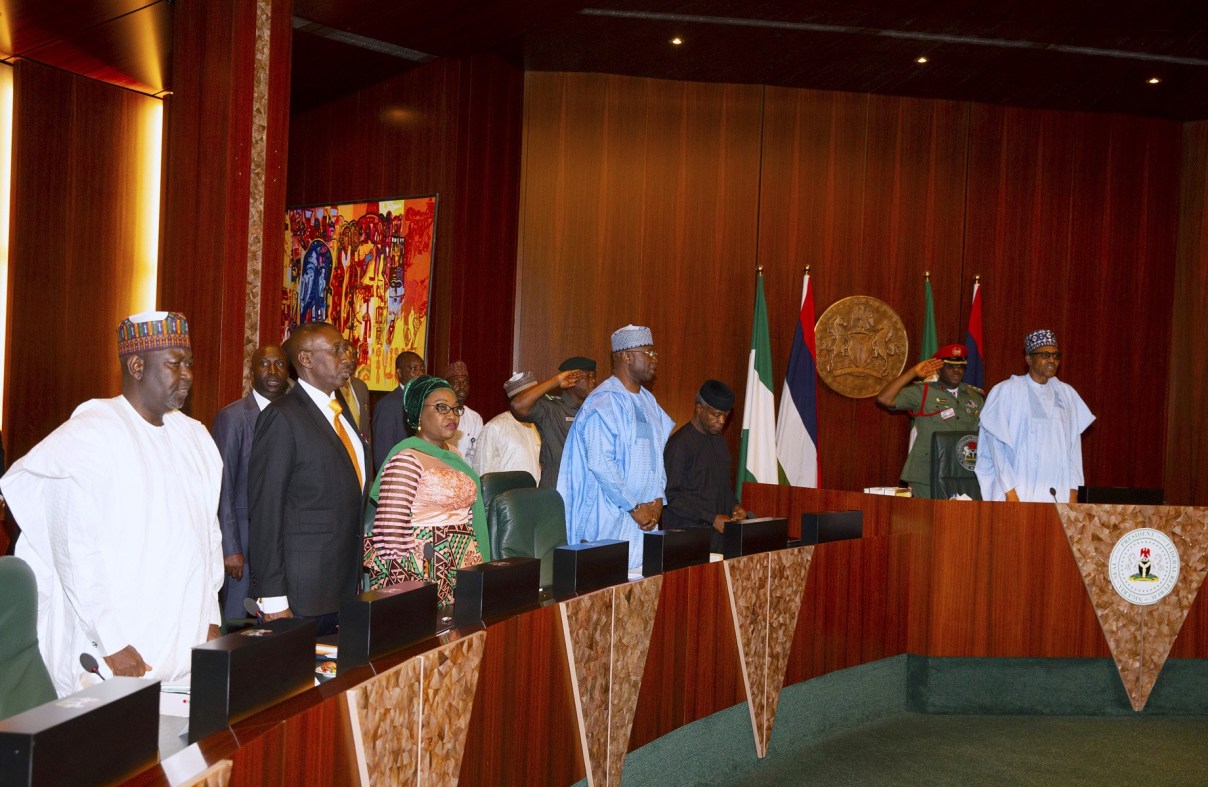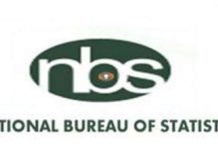
Africa Press-Nigeria:
Prince Degun Agboade is the National President of Nigerian Association of Small and Medium Enterprise (NASME). In this interview with Daily Trust, the pharmaceutical industrialist and entrepreneurship mentor speaks on various challenges facing small and medium entrepreneurs in the country, the potential of the SME sub-sector to boost the nation’s Gross Domestic Product’s (GDP’s) growth and policy imperatives required to improve the sub-sector’s impact on the economy, including its job creation benefits.
What are the challenges Small and Medium Enterprises are facing today in Nigeria?
The problems are overwhelming. It is difficult to single one out without mentioning the other. I would say the first challenge is infrastructure constraints. Under that, power is key because it accounts for about 65% of the problems confronting operators in the sub-sector and, indeed, all manufacturers in the country.
Also, the roads for transportation to get raw materials for our people to use are in very bad shape. Again, the challenge of local sourcing of raw materials is there. For instance, in the pharmaceutical industry, we don’t have the facility in Nigeria that produces API, that is, Active Pharmaceutical Ingredients. Everything we use as pharmaceutical and other industrialists is imported except, water. Then, we come to the issue of finance.
Government has demonstrated some interest in recent time to aid SMEs but the efforts have not yielded much impact. There are lots and lots of windows of facilities which are not opening. My suggestion on that is that we can study how other nations are doing it. In India, as big as they are, there are small and medium enterprises, which serve as the hub of driving their economic growth and they have a way to take care of them.
Their taxes are different. Their interest rates are different. And that is what we are talking to government about – taxation. Yes, we noticed the ban that those under 25 million should not pay tax, that is scratching the problem on the face. The real thing is that, make a brand new classification and put all MSMEs in the same basket. Get them a stratum that you must pay something as a percentage of your turnover.
That will be easy to calculate. Our association is currently in 32 states currently but some of our members when they hear come for meeting, they can’t afford to pay for membership dues because their businesses are not really moving. What we are saying is that government should make life better for us.
You have talked about some financial interventions, can you specifically talk about the CBN N220 billion MSMEs Fund and how has the experience been for your members in accessing the fund?
I can say with every level of authority that it has not worked. These monies are said to be there but they are not accessible. The few that made attempt, the stories are not good to hear. One of our members was to take that loan. Do you know that a particular bank used the money for one year, not releasing the money? By the time we complained to CBN, they were meant to refund the money with penalty. The impact was so small.
So, what you are saying is that CBN should have done a proper Monitoring and Evaluation?
Yes, that is correct. This was not done and the banks abused the process. Also, the conditionalities for accessing the funds must be looked into. Many of our members do not need much amount, what they need is small. So, the monetary authorities can reduce the qualifying criteria. I am not saying they should not ask for collaterals but the value of the assets should be reduced and the process should be simplified.
You have been having some meetings with the monetary authorities over time. Do these have to do with the Anchors Borrowers Scheme?
Yes. We are involved in that also, especially in agribusiness, palm oil business and all that by our members in South-South. They are active in that. The Anchors Borrowers programme is good and some of our members benefitted. So, if something like that can be done with other products/ intervention funds, the impact will be massive.
Maybe, we can look at the issue of enabling environment and policy frameworks that are required to enable the MSMEs optimize their potential and improve their contributions to the GDP growth. By your assessment, do you think the fiscal policies are pro-MSMEs?
I will not say all, but the little attempt that we see that is in the direction of MSMEs are bedevilled by the way we have been doing it before. You cannot continue doing the same thing and be expecting a different result. You want to give out money and you are giving it to the bank, that will now give it to a third party to disburse, that cannot work because these banks will not give it for fun, they will put their own interest margin. But to be fair to the current government, they are close to us. They ask us questions but by the time it gets to policy coming out and the implementation begins they lose it all.
Product and service standardization is one of the issues people have raised about MSMEs, are your members looking at the issue of standardization to the extent that anywhere they move their products to, including the international markets, there will be market for the products?
I am very gladdened by this issue you raised. It is true that some of our members’ products are not in the right form but the good news is that they are willing to get into the right form. The issue is what is the process of that standardization? In countries across the world, we have what we call accreditation services. Here in Nigeria, since 1960 we have never set up any. Accreditation services are different from regulatory agencies.
Standard Organization of Nigeria., NAFDAC are not accreditation services. Accreditation services will be private- sector driven, so that they don’t corrupt that system. The good news is that just about five years ago, UNIDO came in and observed that gap, then UNIDO helped us to set up Nigeria National Accreditation Service (NNAS). But quite surprisingly or because of things unknown to us, the policy of NNAS has never seen the light of the day.
First, the policy goes to the office of the President and then he forwarded to the National Assembly, then it becomes a law. We had the policy, we amended the policy and the policy is still at the Federal Ministry of Trade and Investment. What we are soliciting for is that the policy should be endorsed, sent to FEC and from FEC to the National Assembly.
The beauty of NNAS is that if it is established firmly and fully, then any laboratory accredited by NNAS will push out products, the products will be tested in this series of laboratory and with the certificate the products will be accepted in the USA or international market.
NASME has been championing the cause of MSMEs over the years. In addition to the request for Accreditation Services Policy, what again do you think the government should consider to really support MSMEs and their sustainable growth?
I will appeal to our members to keep trudging on because it takes extra efforts to remain there. To government, they will not say they don’t know what our challenges are as we have been discussing a lot of them with the government. Government should give us a lot of attention in terms of formalizing the informal MSMEs. If they are formalized, the benefits are for the government because you will have a lot of our people going to the tax net. People will be happy to pay, if many MSMEs are paying little by little, it is better than few people that are paying big. So, government should review the fiscal policy so that more of our members will be captured. They should create the enabling environment for MSMEs.






